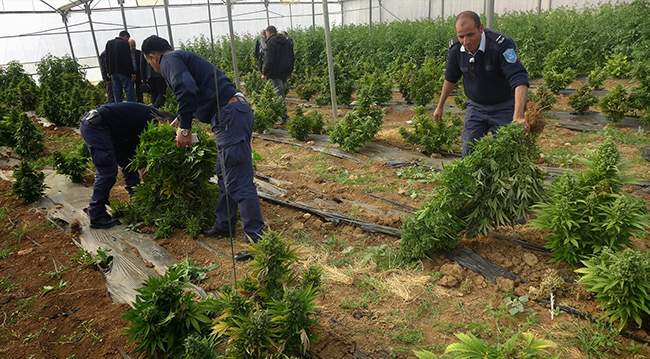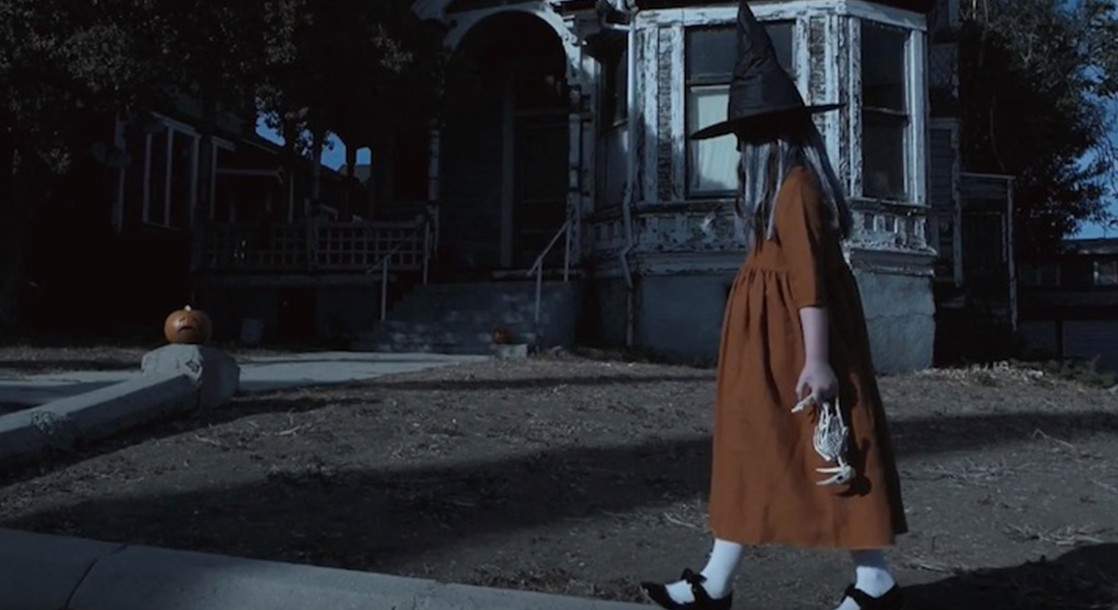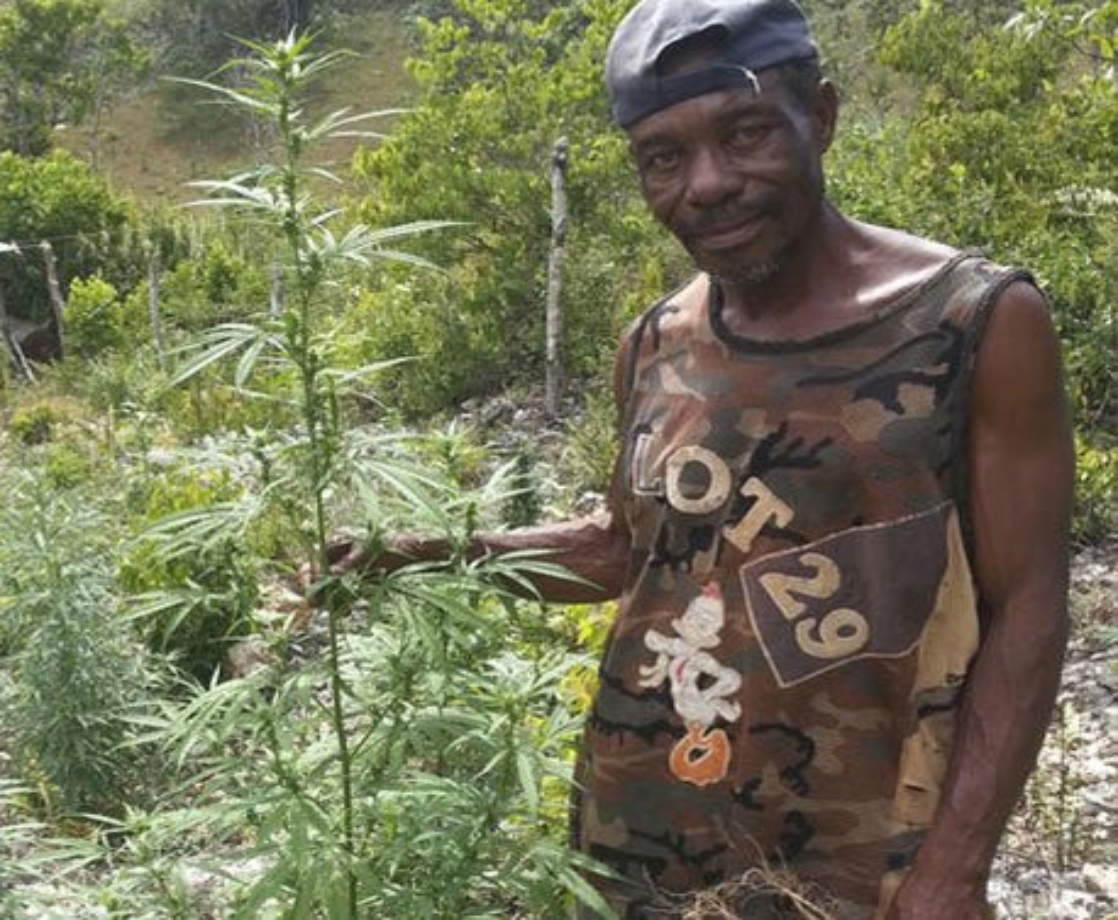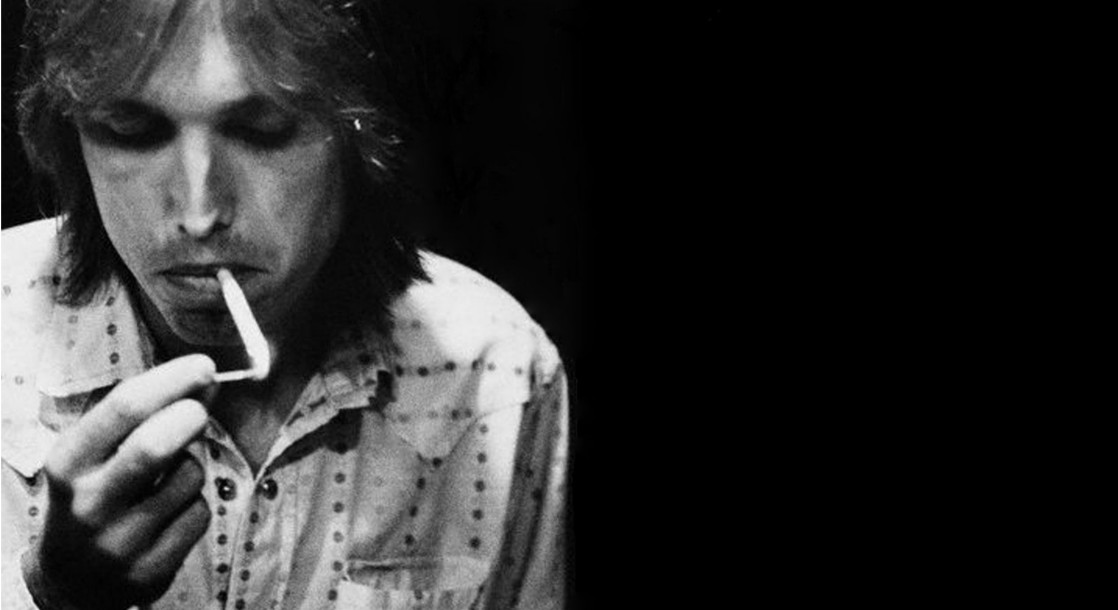In Palestine’s dusty and repressed West Bank, green can be hard to come by. Not just because Israel restricts the flow of water to the extent that Palestinian per capita water consumption is only 20 percent of that of Israelis, or because settlers have a habit of destroying Palestinian olive groves, but also because of the repressive attitude police forces carry toward marijuana use. Sidelined from the international community and eking out a living in a shadow of their former homeland, Palestinians struggle to provide for themselves, much less enjoy the pleasures we are accustomed to. Yet, despite the 25-foot-tall concrete separation walls, armed guard towers baring down on them, daily check points (100 in Hebron alone), and general lack of autonomy, marijuana culture burns strong in the West Bank.
While supporting the Green Intifada at a permaculture farm on the outskirts of Bethlehem, I had the pleasure to smoke hashish (حشيش), the Arabic word for grass, with Palestinians and internationals alike, and grew curious about the role of cannabis in Palestinian society. These days, because of the logistics of surviving through Israeli occupation, you’re most likely to find imported hashish in Palestine, rarely handling fresh leaf. My source, whom we’ll call John, reveals hashish primarily arrives from Morocco via Gaza, during periods of “relative rest and quiet,” or from Lebanon, passed over the border fence. The Lebanese border is highly militarized, with electric fences and military patrols. Often, hash makes its way inelegantly into the West Bank in the form of a leather satchel getting “chucked over the fence full of hashish,” with a return satchel full of cash thrown back. Though the rather ominous borders around and throughout Palestine leaves one feeling intimidated, life in the West Bank goes on, following rich traditions thousands of years old.
Cannabis culture in the Arabian Peninsula stretches back nearly as far as the cultivation of olives and past the birth of some of the region’s monotheistic religions. Youth who are exposed to international media also know cannabis as marijuana, weed, or pot, though its cultivation and use is more sophisticated amongst elders who remember pre-prohibition days. The Bedu (بَدْو), or Bedouin, are a nomadic, pastoral, tribal people who have integrated marijuana deeply into their culture over thousands of years. Palestinians “invented hash production,” so if you’re after hashish, making friends with local Bedu first is highly advisable. Luckily, befriending Bedu is an almost foolproof task. The Bedouin are famous for their hospitality and will always help you if able. John adds that “if they don’t smoke it themselves, they will know someone who does,” but that it’s also worth getting to know Bedu whether you use cannabis or not, as “they’re just wonderful people worth spending time with.”
Authorities in Palestinian society are grouped into three distinct categories: Israeli security forces, Palestinian Authority, and tribal leaders. Because society is still largely tribal, it’s much easier to work with families who “tend to keep an eye on the immediate area around where they live.” If it’s cannabis you’re after, steer clear of street dealers and accidentally tripping police authorities. Much like in America, the penalties for getting caught with illegal substances in Palestine “will depend on your political and monetary value to the authorities.” John explains that a white guy caught by the Palestinian Authorities creates a lot of paperwork. Most likely, they’ll “do their best to scare the living hell out of whoever it is and see if they can possibly get a little bit for their effort before they get rid of the person.” Tourists caught by Israeli authorities meanwhile, “might get a knowing smile or pat on the back.”
Rules change for known activists or journalists, however, as marijuana “will be used against you. It will be used to deport you. It might be used to jail you for a considerable period without charge.” John points out that, “All over Israel and Palestine, authorities have the right to search you as invasively as they feel. You have no right to resist, no right to protest it. If they decide they wanna search you, they can search you, and they search everywhere.” Better to deal with friendly tribes than aggressive police.
Though elders may understand historical Palestinian cannabis traditions more deeply, younger generations are growing increasingly empowered. While commercial hash cultivation began in Morocco in the 1960s, marijuana culture in Palestine underwent a Dark Age, when society “very strongly adhered to the generally Muslim view of it, with any intoxicants out of the cards.” Embracing the Internet and sharing communities like MERRY JANE, youth culture is giving birth to organizations and mores which throw off the oppression affecting their daily lives. Out of the dusty, razor wire checkpoints, new trains of thought are emerging. Youth see their olive groves being razed while reading about marijuana legalization in Colorado. Activists like those that make up Gaza Youth Breaks Out may soon take note of Native American communities calling for legalization on reservations as a tool for empowerment. As John points out, the “economy is shot. Hospitals are massively under-equipped, particularly with drugs. This is a plant that’s native to the area. It’s easy to grow, it helps rejuvenate the land, it can be used for a million and one things.”
In an ideal world, a beautiful new era would blossom in the West Bank, where elder and younger Palestinians join together to tend cannabis buds and grow their future. Who knows? This peace-bringing, mind-opening plant may even be powerful enough to bridge the divide between Israelis and Palestinians.











